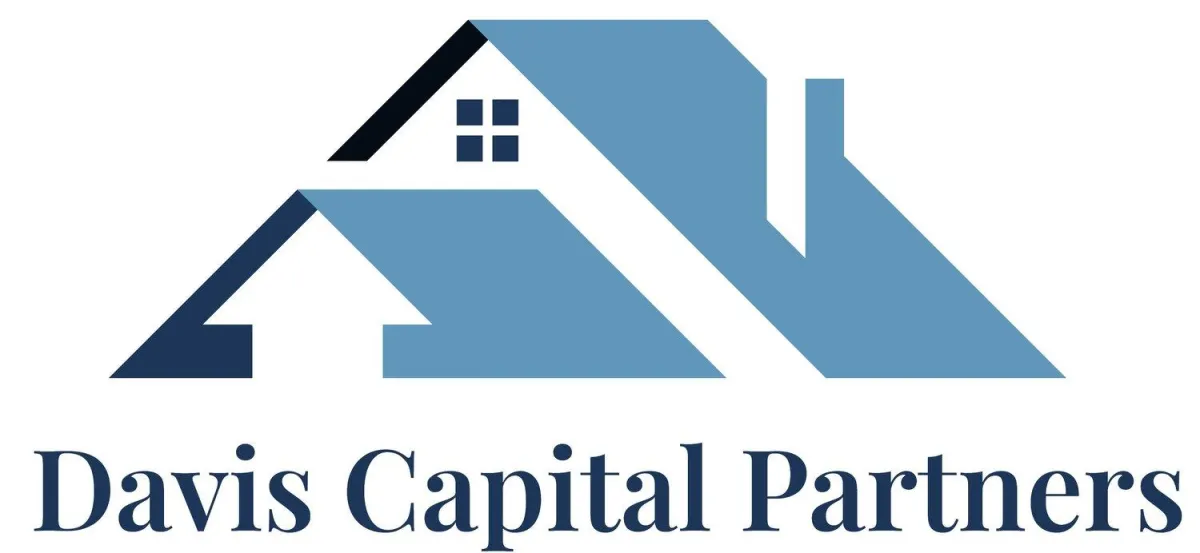Blog

Real Estate Syndications and Debt Financing: Leveraging Other People's Money
Real estate syndications offer investors the opportunity to pool their resources and invest in high-value real estate projects. One of the key strategies employed in these syndications is debt financing, which allows investors to leverage other people's money to maximize returns and unlock new investment opportunities. In this blog, we will explore the concept of debt financing in real estate syndications, discuss its benefits, and highlight how it can be a powerful tool for investors seeking to generate wealth.
Understanding Debt Financing in Real Estate Syndications
Debt financing involves borrowing money to finance a real estate investment. In the context of syndications, it typically takes the form of a mortgage, or a commercial loan secured by the syndicated property. The borrowed funds are used to cover a portion of the property acquisition cost, development expenses, or operational expenses.
Benefits of Debt Financing in Real Estate Syndications
Increased Return on Investment (ROI): Debt financing allows investors to amplify their returns by leveraging other people's money. By using borrowed funds, investors can acquire larger and more valuable properties than they would have been able to afford solely with their own capital. The potential for higher rental income and property appreciation increases the overall ROI for syndication investors.
Diversification and Risk Mitigation: Debt financing enables investors to spread their capital across multiple properties and projects, diversifying their real estate portfolio. This diversification helps mitigate risk by reducing exposure to any single property or market. Furthermore, since debt financing involves a lender sharing the investment risk, investors have a level of protection if the property underperforms or faces unexpected challenges.
Preservation of Capital: By utilizing debt financing, investors can preserve their capital for other investment opportunities or contingencies. Instead of tying up their entire capital in a single property, they can allocate funds to various syndication projects and benefit from the potential returns while maintaining liquidity for other purposes.
Leverage on Cash Flow: Debt financing allows investors to leverage the cash flow generated by the property to cover loan payments. As the property generates income, a portion of it can be used to service the debt, while the remaining cash flow becomes a source of income for investors. This approach enhances cash-on-cash returns and increases the overall profitability of the investment.
Tax Benefits: Debt financing offers tax advantages to real estate investors. The interest paid on the borrowed funds is tax-deductible, reducing the overall tax liability for the syndication project. Additionally, investors can benefit from depreciation deductions, further offsetting their taxable income.
Leveraging Debt Financing Effectively in Real Estate Syndications
Conservative Loan-to-Value (LTV) Ratios: It is crucial to maintain conservative LTV ratios to minimize the risk of default and protect investors' capital. A lower LTV ratio provides a cushion in case property values fluctuate or market conditions change.
Thorough Due Diligence: Conducting comprehensive due diligence on the property and the debt financing terms is essential to ensure the viability and profitability of the syndication project. Thoroughly evaluate the property's financial performance, market conditions, and the terms and conditions of the loan to make informed investment decisions.
Building Strong Relationships with Lenders: Cultivating relationships with reputable lenders who specialize in real estate syndications is valuable. These lenders understand the unique dynamics of syndication projects and can provide favorable loan terms, such as competitive interest rates, flexible repayment options, and attractive loan-to-cost ratios.
Risk Management: Proper risk management is essential when using debt financing. Consider implementing risk mitigation strategies such as maintaining adequate reserves, securing appropriate insurance coverage, and carefully managing property operations to ensure the financial stability and success of the syndicated investment.
Exit Strategy Planning: It is crucial to have a well-defined exit strategy when utilizing debt financing. Plan for the repayment of the loan at the end of the investment term, whether through property sale, refinancing, or other means. Having a clear plan in place helps minimize financial risks and ensures a smooth transition during the exit process.
In conclusion, debt financing is a powerful tool in real estate syndications, allowing investors to leverage other people's money and amplify their returns. By strategically utilizing debt, investors can diversify their portfolios, preserve capital, enhance cash flow, and benefit from tax advantages.
However, it is crucial to exercise due diligence, maintain conservative LTV ratios, and implement effective risk management strategies to mitigate potential risks. With careful planning and execution, debt financing can be an instrumental component in successful real estate syndication investments, enabling investors to achieve their financial goals.

No Offer of Securities—Disclosure of Interests. Under no circumstances should any material at this site be used or considered as an offer to sell or a solicitation of any offer to buy an interest in any investment. Any such offer or solicitation will be made only by means of the Confidential Private Offering Memorandum relating to the particular investment. Access to information about the investments is limited to investors who either qualify as accredited investors within the meaning of the Securities Act of 1933, as amended, or those investors who generally are sophisticated in financial matters, such that they are capable of evaluating the merits and risks of prospective investments.
© 2025 Davis Capital Partners. All Rights Reserved.

